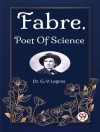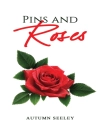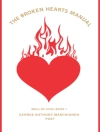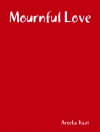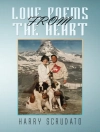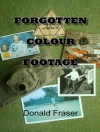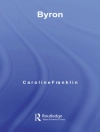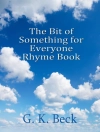The term Spectrum-Autist is how I describe one who is diagnosed with Autism-Spectrum Disorder. Since I do not think of Autism as a ’disorder, I prefer ’Spectrum-Autist.’ Being a Spectrum-Autist is to live in the in-between. In-between a typical person and a profound Autist. The in-between is a difficult place to be. People can see me both as normal and as strange. At first meeting me, there are not obvious signs and people often assume that I ...
The term Spectrum-Autist is how I describe one who is diagnosed with Autism-Spectrum Disorder. Since I do not think of Autism as a ’disorder, I prefer ’Spectrum-Autist.’ Being a Spectrum-Autist is to live in the in-between. In-between a typical person and a profound Autist. The in-between is a difficult place to be. People can see me both as normal and as strange. At first meeting me, there are not obvious signs and people often assume that I am like conventional humans. The more time they spend in conversation with me, however, that view can rapidly deteriorates, but they do not quite know why. They often recognize introversion, though I have been told by other introverts that I am ’off the chart’ introverted. For a while, ’painfully introverted’ suited me for a label. It is quite literally painful, to be among a group of people, expected to interact, and also to be alone, unable to be the person that I want to be. At times I thought that I would slip into deep autism, never to emerge. Meanwhile, I somehow got through school, college, graduate school, and a doctorate. I learned other languages as part of my educational requirements. Autistic people are not supposed to be good at language, right? It was only later that I discovered, with the help of a brilliant and compassionate psychologist, Doctor James Pallas, that I have (what was then called) Asperger’s Syndrome. ’What is that?’, I asked. He first put it in simple terms. ’You are a verbal-autistic.’ A verbal autist. Who knew? He took me through the diagnostic criteria, and it explained so much of my life, my behavior, and the way that I express myself.
Recently I reviewed poetry and prose that I had labored over across decades. The Autism Spectrum Disorder glared back at me and I saw my work in a new light. I offer the following collection all readers of poetry, but particularly those who seek to further understanding of the spectrum-autist mind and inner life. My autism has been a gift. While I often fail to recognize what typical humans recognize without effort, I have also found the transverse to be true. I have the ability to peer deeply and interpret uniquely. Because it can be a gift (to the point that some of us are called ’savants’), I think of ourselves as being of an ’alternative order’ rather than as having a ’dis-order.’ Though it is a mistake to assume we are all savants, which tends to be the image most portrayed on television.


